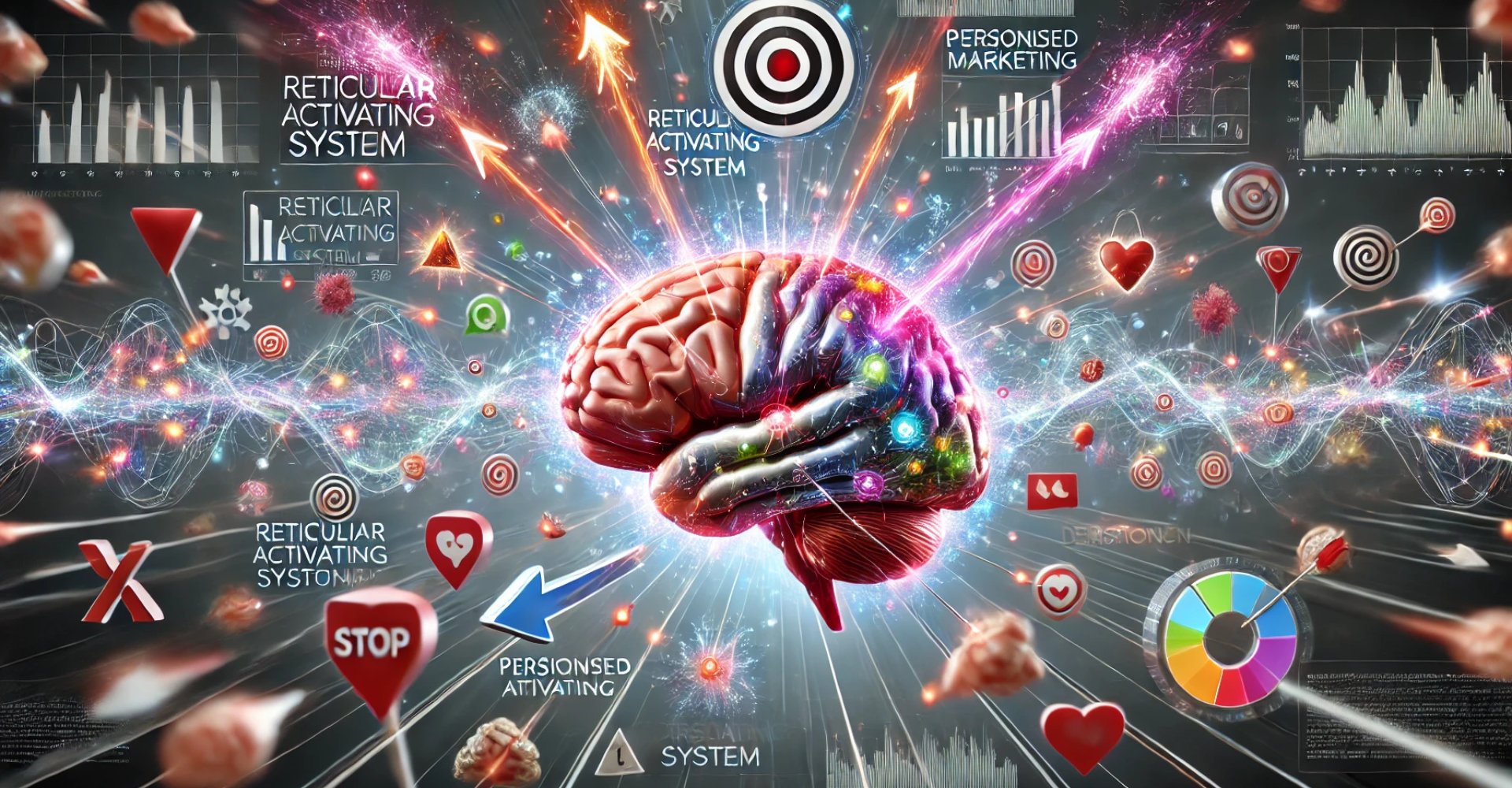The Evolution of SEO: Past Strategies, Present Tactics, and the Future with AI
From Manipulation to User-Centricity: Unveiling the Evolution of SEO Strategies and the Future with AI

Search Engine Optimization (SEO) has come a long way since its inception. With search engines becoming the primary gateway to information, businesses have been striving to optimize their online presence to improve visibility, attract organic traffic, and achieve higher rankings. This blog post explores the fascinating journey of SEO, highlighting strategies used in the past, current best practices, and speculating on the future with the emergence of artificial intelligence (AI).
I. The Past: Early SEO Strategies
In the early days of SEO, search engines relied on simple algorithms and the strategies employed were often manipulative and spammy. Here are some notable SEO tactics from the past:
1. Keyword Stuffing: Websites would overload their content with excessive keywords to manipulate search rankings, leading to poor user experience.
2. Hidden Text and Links: White text on a white background or using tiny fonts to hide keywords and links was a common tactic.
3. Link Farming: Artificially creating a network of low-quality websites and linking them to increase a website's backlink count was prevalent.
4. Article Spinning: Generating low-quality content by using software to replace words and phrases, aiming to trick search engines.
5. Exact Match Domains (EMDs): Using domains that exactly matched popular search queries to gain higher visibility.
II. The Present: Modern SEO Best Practices
Over time, search engines became smarter, and SEO practices evolved to focus on providing value to users. Here are some key strategies that dominate the present SEO landscape:
1. High-Quality Content: Creating relevant, informative, and engaging content that resonates with the target audience is paramount.
2. On-Page Optimization: Optimizing meta tags, headings, URLs, and images to enhance visibility and improve user experience.
3. Mobile Optimization: With the rise of mobile usage, websites must be responsive and provide a seamless experience on all devices.
4. User Experience (UX): Delivering intuitive navigation, fast loading speeds, and easy accessibility to improve user satisfaction.
5. Backlink Building: Earning high-quality backlinks from authoritative websites through content marketing, guest blogging, and influencer collaborations.
6. Social Media Signals: Leveraging social media platforms to engage with the audience, drive traffic, and improve brand visibility.
III. The Future: SEO and AI
As AI continues to advance, it will undoubtedly have a profound impact on the future of SEO. Here are some potential trends and developments to watch out for:
1. Voice Search Optimization: With the rise of voice assistants and smart speakers, optimizing content for voice search queries will be crucial.
2. AI-Powered Content Creation: AI algorithms can assist in generating high-quality, personalized content at scale, saving time and resources.
3. Enhanced User Experience: AI can help analyze user behavior and preferences, enabling personalized recommendations and tailored experiences.
4. Machine Learning Algorithms: Search engines will leverage AI-powered algorithms to better understand user intent and deliver more relevant search results.
5. Visual Search Optimization: As visual search technology advances, optimizing images and visual content will become an integral part of SEO strategies.
6. Chatbots and Virtual Assistants: AI-powered chatbots and virtual assistants can improve customer support, lead generation, and user engagement.
7. Predictive Analytics: AI can analyze vast amounts of data to predict trends, user behavior, and search patterns, aiding in strategic decision-making.
Conclusion
SEO has undergone a remarkable transformation over the years, from spammy tactics to user-centric strategies focused on providing value. As AI continues to evolve, it is poised to revolutionize the SEO landscape content of your post goes here. To edit this text, click on it and delete this default text and start typing your own or paste your own from a different source.












